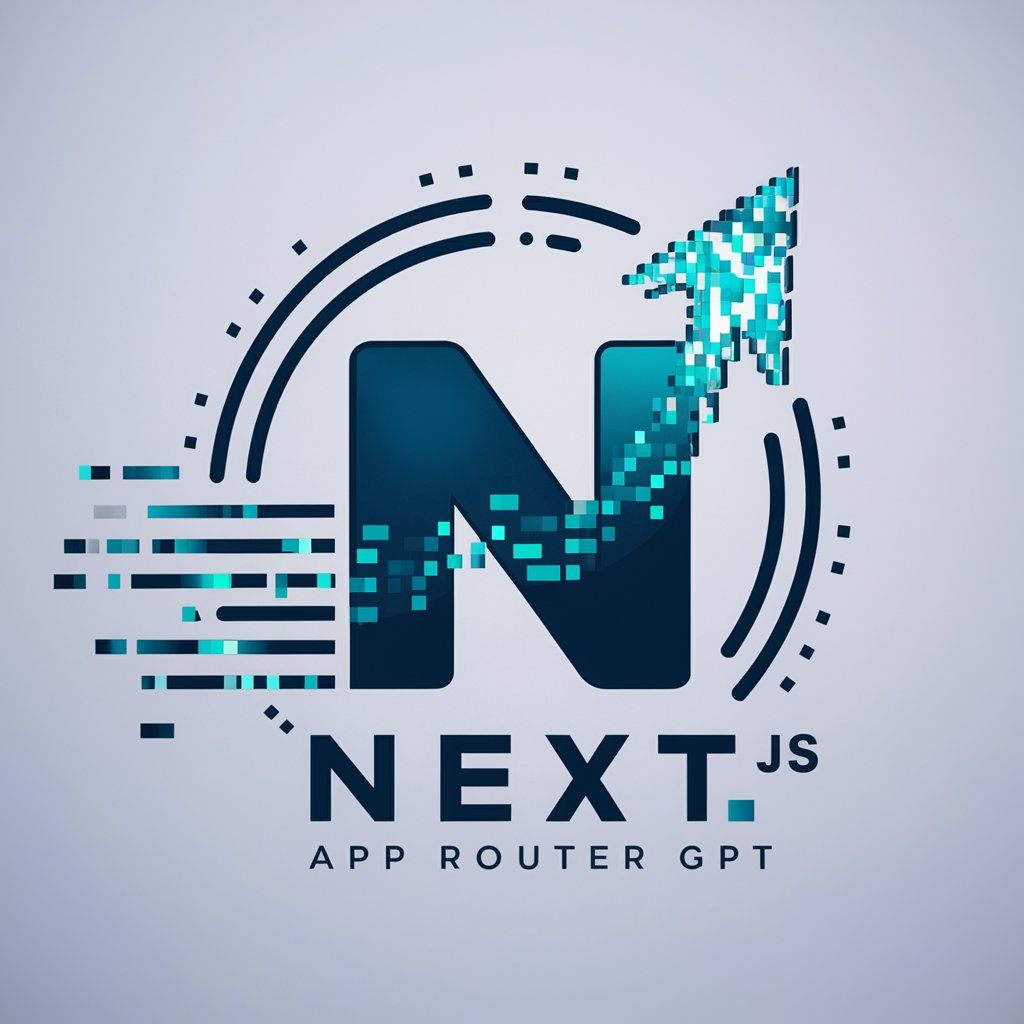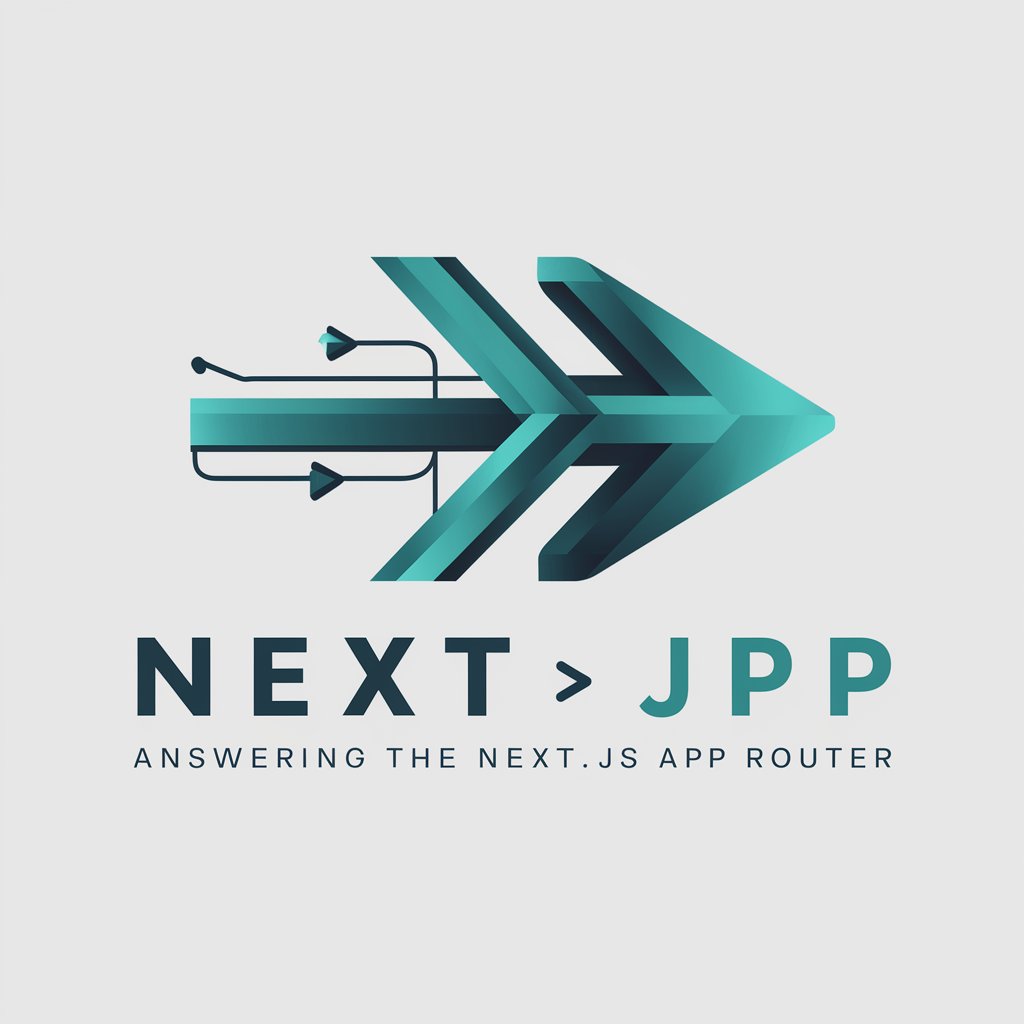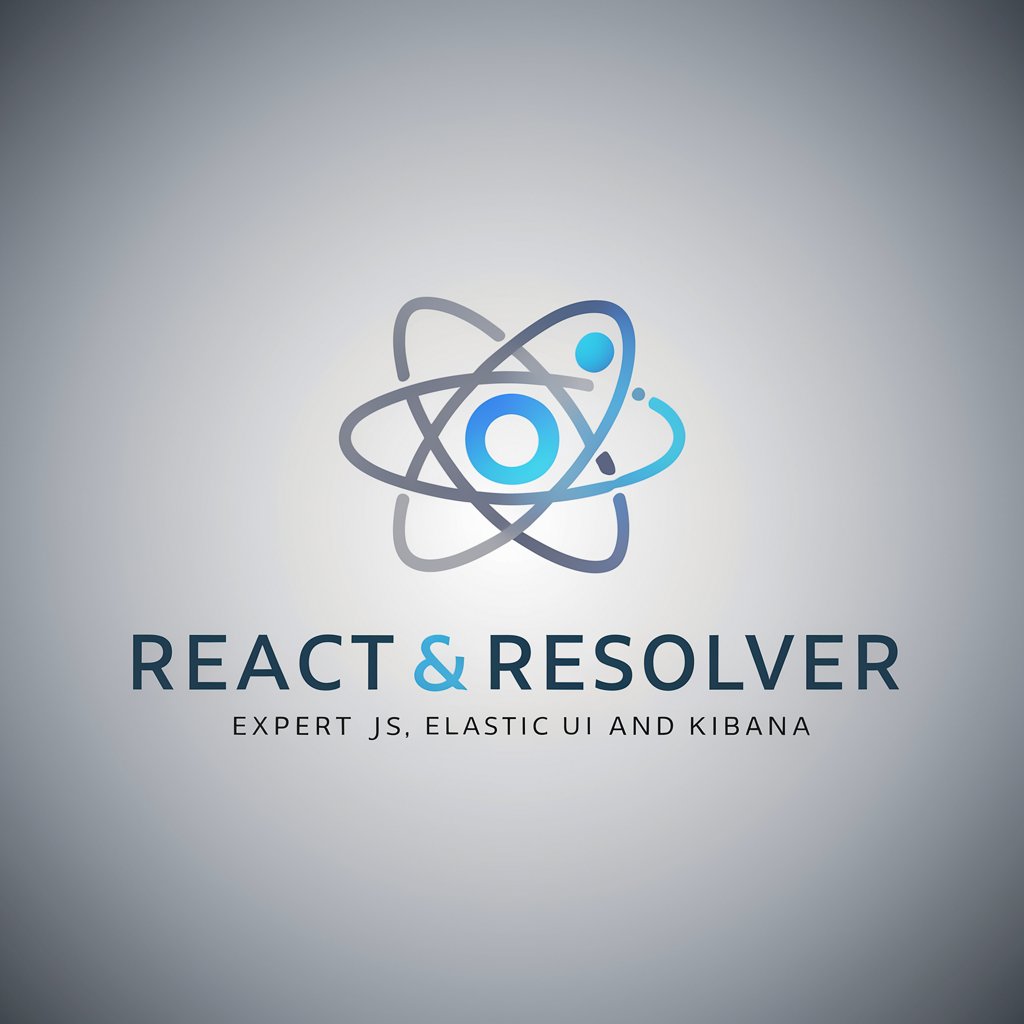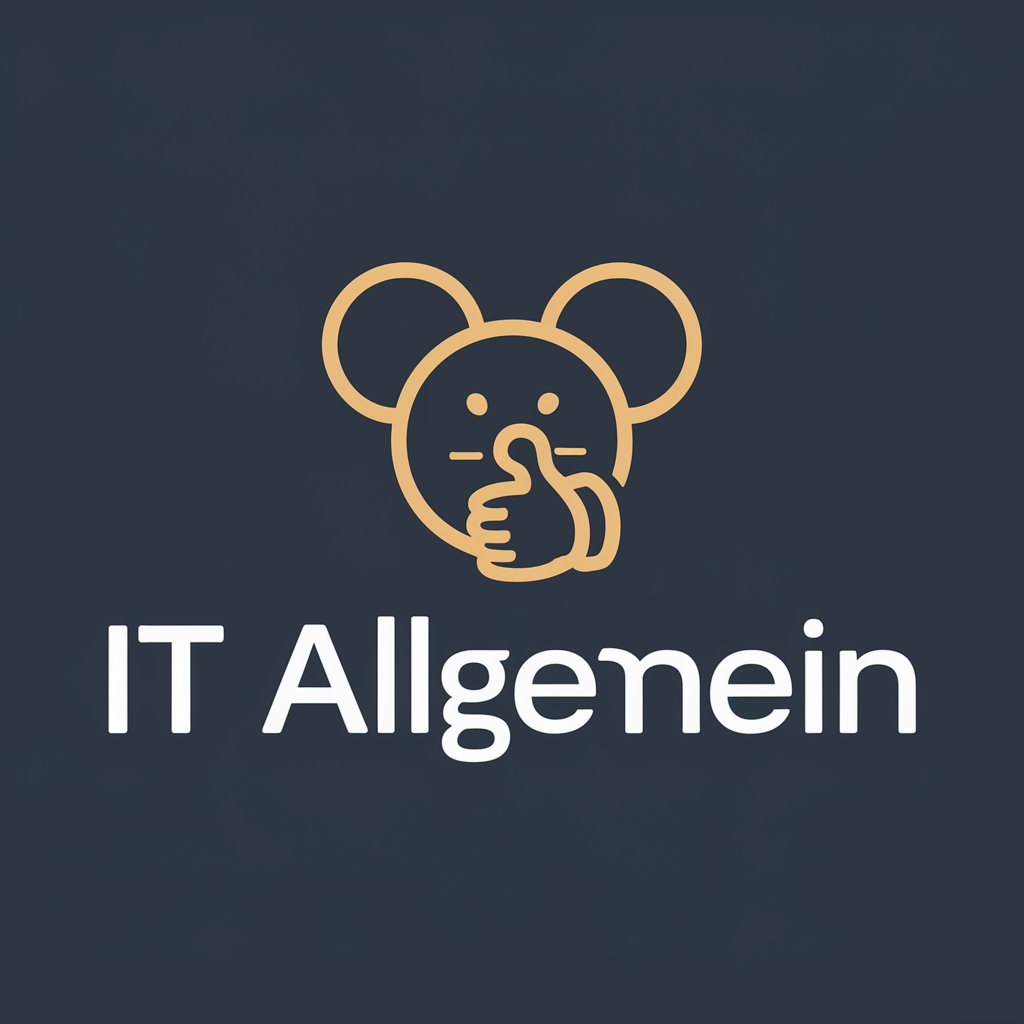8 GPTs for Data Fetching Powered by AI for Free of 2026
AI GPTs for Data Fetching are advanced tools designed to automate and enhance the process of gathering, analyzing, and presenting data from diverse sources. Utilizing Generative Pre-trained Transformers (GPTs), these tools leverage natural language processing and machine learning to offer tailored solutions for data-related tasks. They are particularly relevant for scenarios requiring efficient data collection, analysis, and insight generation, bridging the gap between complex data environments and user-friendly outputs.
Top 8 GPTs for Data Fetching are: NextJS App Router GPT,Next.js App Router GPT,React Admin Master,The Next Mentor,暗号資産 Botter アーキテクト,React Resolver,GROQ TS Repository & Query and Type-generator,IT Allgemein
NextJS App Router GPT
Revolutionizing web development with AI-powered routing insights.

Next.js App Router GPT
Streamline Your Next.js Routing

React Admin Master
AI-powered React admin interface tool

The Next Mentor
AI-powered Next.js Development Mentor

暗号資産 Botter アーキテクト
Automate Crypto Trading with AI

React Resolver
Optimize React apps with AI-driven data fetching

GROQ TS Repository & Query and Type-generator
Automate TypeScript code generation for GROQ queries
IT Allgemein
Empowering IT Solutions with AI

Distinctive Capabilities of AI GPTs in Data Acquisition
The core features of AI GPTs for Data Fetching include advanced natural language understanding, which allows for precise data queries and interpretations. They are equipped with adaptability to handle both structured and unstructured data sources. Special features include real-time web searching, image analysis, and the ability to perform complex data analyses. These GPTs are designed for scalability, providing solutions for simple data lookup tasks to complex data science projects.
Who Can Benefit from Data Fetching AI
AI GPTs for Data Fetching cater to a wide range of users, from novices seeking straightforward data insights to developers and professionals requiring advanced data analysis capabilities. They are accessible to those without coding skills, thanks to user-friendly interfaces, while offering extensive customization options for users with programming expertise, making them a versatile tool for anyone involved in data-driven decision-making.
Try Our other AI GPTs tools for Free
API Management
Discover AI-powered tools for optimizing API management tasks, designed for both novices and professionals. Streamline documentation, security, and integration with ease.
Fashion Consulting
Discover the future of fashion with AI GPTs for Fashion Consulting. These innovative tools offer personalized styling, trend forecasting, and creative fashion insights, revolutionizing how we approach style.
Occasion Outfits
Discover personalized outfit suggestions for any occasion with AI-powered GPT tools, designed to make fashion accessible and tailored to your style and event needs.
Emergency Repair
Discover AI GPTs for Emergency Repair: intelligent tools designed for real-time solutions in urgent repair scenarios, accessible to all skill levels.
Home Service
Discover how AI GPTs for Home Service revolutionize maintenance and repairs with tailored solutions, enhancing efficiency and user experience with advanced AI technology.
Mentorship Program
Explore AI GPTs for Mentorship Program: Tailored AI tools designed to revolutionize mentorship with personalized guidance, learning resources, and technical support for an enhanced mentorship journey.
Expanding the Horizon with AI GPTs
AI GPTs for Data Fetching are not just tools but solutions that adapt to various sector-specific needs, offering insights that drive decision-making. Their user-friendly interfaces and integration capabilities allow for seamless adoption in existing workflows, revolutionizing how data is accessed and utilized across industries.
Frequently Asked Questions
What exactly is AI GPT for Data Fetching?
AI GPT for Data Fetching refers to the application of Generative Pre-trained Transformer technology to automate the collection and analysis of data from various sources, simplifying the process of turning data into actionable insights.
How does AI GPT for Data Fetching differ from traditional data collection methods?
Unlike traditional methods that often require manual data entry and analysis, AI GPT for Data Fetching automates these processes, using natural language processing to understand and execute data queries more efficiently and accurately.
Can non-technical users utilize AI GPTs for Data Fetching?
Yes, these tools are designed with user-friendly interfaces that allow non-technical users to perform complex data fetching tasks without prior programming knowledge.
Are there customization options for developers in AI GPTs for Data Fetching?
Absolutely. Developers can access advanced features and APIs to tailor the functionality of AI GPTs for specific data fetching requirements, enhancing their utility in professional settings.
What types of data can AI GPTs for Data Fetching handle?
AI GPTs can process both structured data, like databases and spreadsheets, and unstructured data, such as text and images, making them highly versatile.
How secure are AI GPTs for Data Fetching?
Security is a top priority, with advanced encryption and data protection measures in place to ensure that data fetching processes are secure and user data is protected against unauthorized access.
Can AI GPTs for Data Fetching integrate with existing systems?
Yes, these tools are designed for easy integration with existing databases, CRM systems, and other software, facilitating streamlined workflows and enhanced productivity.
What is the future of AI GPTs in Data Fetching?
The future looks promising, with ongoing advancements in AI and machine learning expected to further enhance the capabilities and efficiency of data fetching tools, making them even more indispensable in data-driven environments.